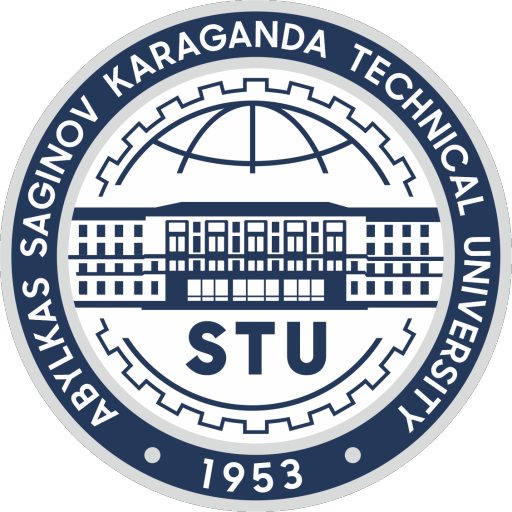On 30 May 2017, in the conference hall of the Karaganda House of Friendship of the Assembly of People of Kazakhstan, the solemn opening of the scientific-practical seminar “Memory in the name of future” devoted to Day of memory of victims of political repression was held.
In the thirties of the twentieth century, the mass political repressions were carried out in the USSR. Across the country 953 camps and settlements functioned to the punishment system. For 1937-38, the Kazakh SSR illegally sentenced more than 100 thousand people and about 25 thousand of them were shot. Over the years, 1 million 500 thousand people, separated from their homeland arrived to echelons to Kazakhstan. The members of the families of the repressed were condemned by the special order of NKVD. According to official figures, the victims of Stalinist repression in the Soviet Union in total were 3.77 million people, about 500 thousand were executed and the rest were sentenced to long terms of imprisonment.
The purpose of the event is the formation of national historical consciousness, strengthening national unity, the unification of civil society and the state in the preservation of historical memory and the transfer of historical experience to future generations, deepening civil-patriotic and spiritual-cultural consolidation of society, strengthening in the minds of Kazakhstan values of statehood and independence. Seminar in the framework of the project “Memory in the name of future” APK is a way to remind the younger generation about the history of their native land. Few among the young people know that most industrial facilities in our region were built by political prisoners. Moreover, famous people were among the prisoners, many works were written about their lives.
The moderator of scientific-practical seminar was head of the Department of APK of Karaganda State Technical University Sagatova Assem Serikovna. The seminar was attended by scholars of universities of Karaganda region, as well as representatives of ethnocultural associations.
Members of APK hope that such meetings will help the youth to understand the history of their native land better and contribute to the consolidation of society.



